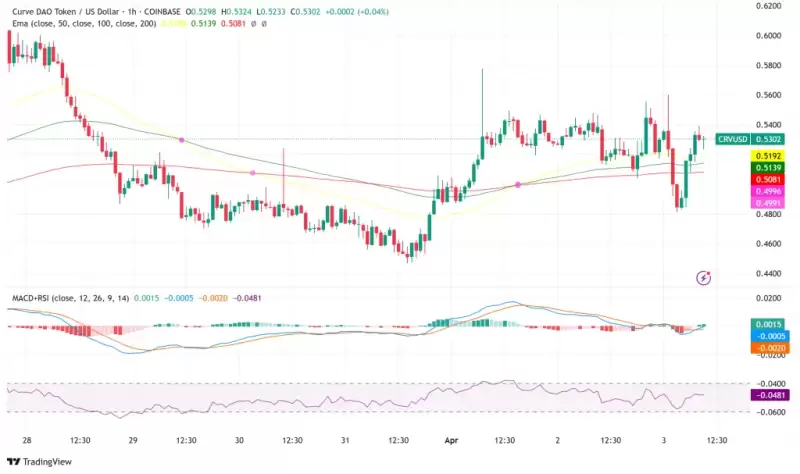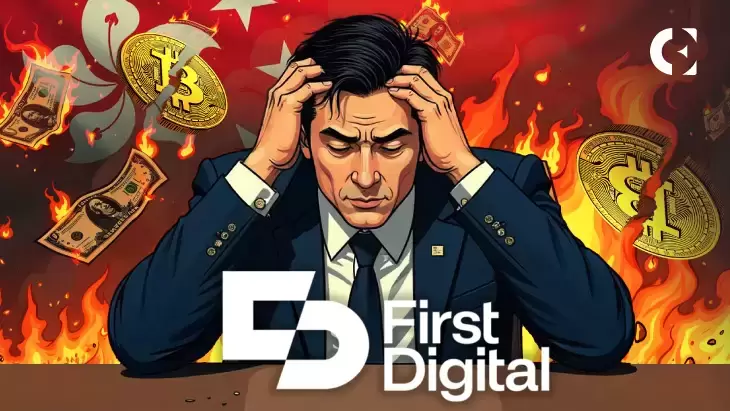 |
|
 |
|
 |
|
 |
|
 |
|
 |
|
 |
|
 |
|
 |
|
 |
|
 |
|
 |
|
 |
|
 |
|
 |
|
Cryptocurrency News Articles
Germany's Metaverse Momentum: A Pragmatic Resurgence
Apr 06, 2024 at 09:17 pm
Germany leads a second wave of metaverse interest, focusing on practical applications in public administration and industry. Lower Saxony's successful pilot project using extended reality in public services and Siemens Energy's use of the metaverse to predict maintenance needs showcase the potential for improved efficiency and innovation. Despite challenges such as data security and hardware limitations, Germany aims to harness the metaverse's transformative power by fostering collaboration between government, industry, and researchers.

Germany's Resurgence in Metaverse Development: A Practical Approach
Introduction
The metaverse, a virtual realm that seamlessly blends physical and digital experiences, has re-emerged as a focal point of technological innovation in Germany. After an initial surge of enthusiasm, the metaverse faced challenges related to financial viability and accessibility. However, a second wave of interest has taken hold in Germany, driven by a shift towards pragmatic applications within public services and industry.
Metaverse in Government Services
Germany's public sector recognizes the transformative potential of metaverse technologies. Günter Wenzel, a team leader at the Fraunhofer Institute for Industrial Engineering IAO, envisions the metaverse as an extension of the internet, enabling seamless citizen interaction with government services.
借助加密技术,公民将可以通过智能手机、台式机、VR 或 AR 眼镜安全地访问这些服务,实现数据交换和与当局的沟通。例如,利用 AI 辅助流程,市政管理机构可以创建建筑物的数字孪生,用于监测、维护、拆除、改造和新建。
Extended Reality (XR) in Public Administration
The Lower Saxony Ministry of the Interior and Sport, the University of Münster, and PricewaterhouseCoopers have collaborated to demonstrate the benefits of immersive technologies in public administration. In a series of events, participants experienced improved workshop outcomes, enhanced communication, and increased camaraderie.
Building on this success, Lower Saxony is exploring the potential of XR technologies for various administrative tasks. The state government aims to evaluate the added value of collaboration in VR versus mixed reality (MR) and determine headset requirements.
Risks and Challenges
Despite the promising outlook, challenges remain. Cybersecurity and data protection are paramount concerns, requiring robust hardware and software implementation. The impact on employee health and data handling practices must be carefully assessed.
Furthermore, headset availability and suitability pose hurdles. Not all market solutions meet administrative needs, particularly regarding security and data concerns. Educating employees and citizens about immersive technologies is also essential for long-term sustainability.
Regional Initiatives Drive Innovation
Several German states are actively exploring metaverse technologies. The Fraunhofer-IAO, the Fraunhofer Institute for Manufacturing Engineering and Automation, and the Virtual Dimension Center (VDC) have launched CyberLänd, a large-scale metaverse project in Baden-Württemberg. This initiative seeks to define the role of the metaverse in the state and facilitate public participation.
The Innovation Park Artificial Intelligence in Heilbronn is another notable regional initiative. Its planned Metaverse Lab will provide educational opportunities and practical use cases to promote understanding and adoption of the metaverse.
Industry Embraces Industrial Metaverse
Germany's industrial sector is actively leveraging metaverse technologies for development and production. Siemens Energy uses the metaverse to model power plants and predict maintenance needs, potentially saving operators billions of dollars annually. The company has invested heavily in a new campus in Erlangen, which will serve as a hub for industrial metaverse development and manufacturing.
BMW is also leveraging the metaverse, powered by Nvidia's Omniverse platform, to create a digital factory. Physical construction will follow extensive design and validation of digital models.
Conclusion
The metaverse offers a wide range of applications, and Germany is at the forefront of practical exploration. Public administration sees the potential for improved citizen engagement and government efficiency, while industry embraces the metaverse for enhanced design, testing, and production processes.
Addressing challenges such as data security and hardware limitations is crucial. Collaboration between government, industry, and researchers will pave the way for successful implementation and realization of the metaverse's full potential.
Disclaimer:info@kdj.com
The information provided is not trading advice. kdj.com does not assume any responsibility for any investments made based on the information provided in this article. Cryptocurrencies are highly volatile and it is highly recommended that you invest with caution after thorough research!
If you believe that the content used on this website infringes your copyright, please contact us immediately (info@kdj.com) and we will delete it promptly.
-

-

- Bitcoin (BTC) ETF Inflows Have Surged Again as Investors Ignore Trump's Reciprocal Tariffs
- Apr 03, 2025 at 02:45 pm
- Inflows into spot Bitcoin ETFs have surged once again as investors chose to look past the Trump reciprocal tariffs. The net inflows across all US ETFs for Bitcoin stood at $220 million
-

-

-

-

-

- How the 1995-S Kennedy Half Dollar Could Be Worth Over $6,000
- Apr 03, 2025 at 02:30 pm
- The 1995-S Kennedy Half Dollar might look like just another coin in your collection, but don't be too quick to dismiss it. This particular coin, especially the silver proof version, has gained significant attention in recent years.
-

-

- Bitcoin (BTC) price falls four per cent after Donald Trump imposes tariffs on trading partners worldwide
- Apr 03, 2025 at 02:25 pm
- Bitcoin as well as other major cryptocurrencies fell after US President Donald Trump imposed tariffs on trading partners worldwide, which triggered a slump in risky assets.



























































